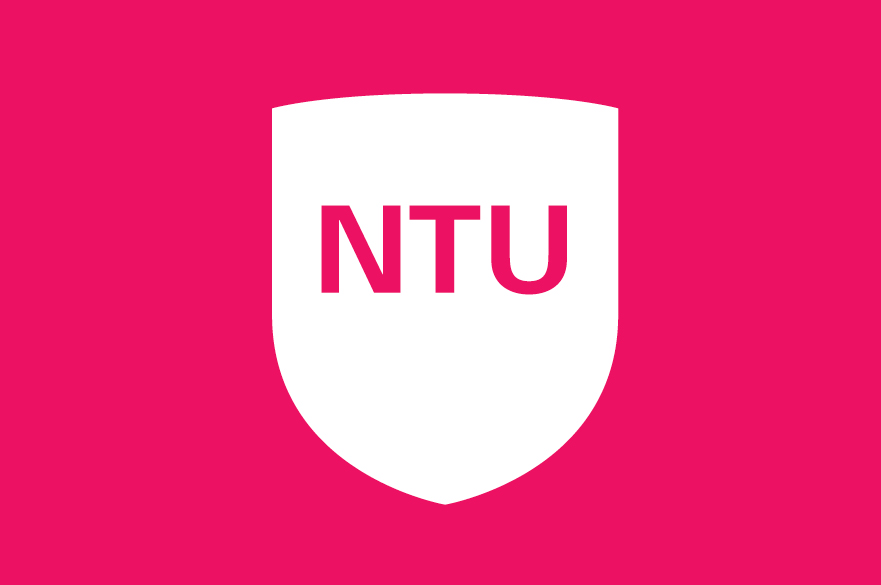Overview
Integrated reporting (IR) has emerged as a pivotal tool for organizations to communicate financial and non-financial performance (de Villiers et al., 2014). Increasingly, organizations across sectors have adopted integrated reporting frameworks to provide a holistic view of financial and non-financial performance, and ensure alignment with various sustainable development goals (SDGs). This project will advance the understanding of how IR practices align with sustainable finance mechanisms, such as green bonds and sustainability-linked investments, to enhance accountability and value creation.
While extensive research has examined IR within the corporate sector, there is a limited exploration of its application in public-sector accounting, where the complexities of sustainability reporting intersect with public accountability (Adams, 2017). This research will bridge this gap by addressing research questions such as:
*Why do public bodies adopt integrated reporting? Which actors are instrumental in this process, and what might this tell us about decision-making in the public sector?
*How, and to what extent, do integrated reporting practices enhance public sector organizational transparency and accountability? How does the relationship between IR adoption and access to sustainable finance affect the financial and non-financial performance of public sector organizations?
*What sector-specific factors challenge the implementation of integrated reporting frameworks and their implications for achieving sustainable development goals in the public sector?
*How would actionable strategies improve IR practices to support financial sustainability and stakeholder engagement?
Proposed Methodology
Exploratory research approach that uses a qualitative, quantitative or mixed-methods approach.
Data Collection: Data can be collected from either or both primary and secondary sources. Secondary data from Government websites/database, Office for National Statistics (ONS), HM Treasury, etc. Primary data may include, but not be limited to, interviews, surveys and case studies. Interviews with accountants, sustainability officers, and policymakers would help to understand the drivers, perceived benefits and barriers of IR adoption. Surveys would gather quantitative insights into the challenges and success factors influencing IR practices in both sectors.
Data Analysis: Quantitative data will be analysed using statistical methods to uncover relationships between IR practices and access to sustainable finance. Qualitative data will be analysed thematically, using NVivo or a similar tool, to uncover insights into the lived experiences of stakeholders implementing IR.
Timeline: 3 years (FT), 6 years (PT)
Flexibility on proposed area of research: Although the main focus of the proposal is the public sector, this can be tweaked slightly to focus on other sectors and industries in other developed countries or emerging economies.
Nottingham Business School is triple crown accredited with EQUIS, AACSB and AMBA – the highest international benchmarks for business education. It has also been ranked by the Financial Times for its Executive Education programmes in 2023 and 2024. NBS is one of only 47 global business schools recognised as a PRME Champion, and held up as an exemplar by the United Nations of Principles of Responsible Management Education (PRME).
Its purpose is to provide research and education that combines academic excellence with positive impact on people, business and society. As a world leader in experiential learning and personalisation, joining NBS as a researcher is an opportunity to achieve your potential.
Applications for October 2025 intake closes on 1st July 2025 and applications for Jan 2026 intake closes on 1st October 2025.
Staff profiles
Entry qualifications
Candidates must have a postgraduate degree in Accounting, Finance, Economics, Public Administration, Business Management, Operations Management, or any other business-related research discipline.
We welcome candidates with qualitative skills, but also ones with strong quantitative skills in Stata, SPSS, and Qualtrics.
UK: Successful applicants for the PhD in Nottingham Business School normally hold a first or upper second-class honours degree from a UK university or an equivalent qualification. Candidates with a lower second-class degree may apply if they hold a Master’s degree at Merit level or higher.
International: Successful applicants for the PhD in Nottingham Business School normally hold a first or upper second-class honours degree from a UK university or an equivalent qualification. Candidates with a lower second-class degree may apply if they hold a Master’s degree at Merit level or higher.
International students will also need to meet the English language requirements - IELTS 6.5 (with minimum sub-scores of 6.0). Applicants who have taken a higher degree at a UK university are normally exempt from the English language requirements. Applicants who do not meet the English language proficiency requirement will normally be asked to complete an English Language course
How to apply
Applications for October 2025 intake closes on 1st July 2025 and applications for Jan 2026 intake closes on 1st October 2025. Please visit our how to apply page for a step-by-step guide and make an application.
Fees and funding
This is a self-funded PhD project for UK and International applicants.
Guidance and support
For more information about the NBS PhD Programme, including entry requirements and application process, please visit: https://www.ntu.ac.uk/course/nottingham-business-school/res/this-year/research-degrees-in-business
Nottingham Business School is triple crown accredited with EQUIS, AACSB and AMBA – the highest international benchmarks for business education. It has also been ranked by the Financial Times for its Executive Education programmes in 2023 and 2024. NBS is one of only 47 global business schools recognised as a PRME Champion, and held up as an exemplar by the United Nations of Principles of Responsible Management Education (PRME).
Its purpose is to provide research and education that combines academic excellence with positive impact on people, business and society. As a world leader in experiential learning and personalisation, joining NBS as a researcher is an opportunity to achieve your potential.
